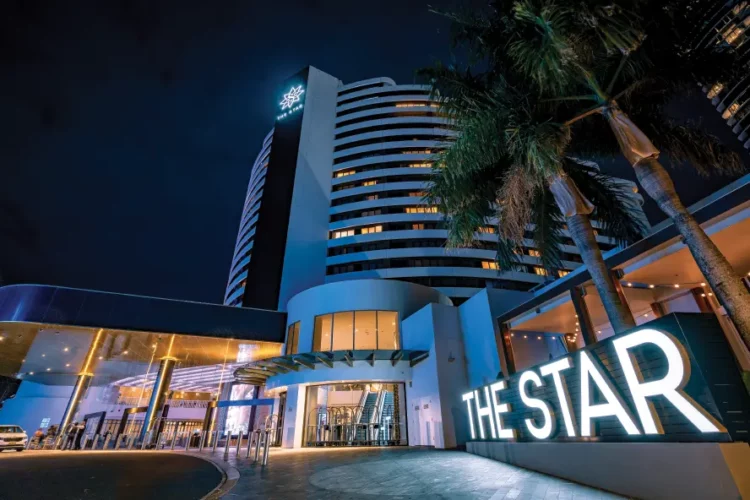Star Entertainment Group recorded a group-wide EBITDA loss of AU$8.5 million in October, taking its total EBITDA loss for the first four months of the financial year to AU$27 million amid warnings from the company’s CEO that negative cashflow is now a monthly occurrence.
Steve McCann, the former Crown Resorts boss who was appointed in June to save Star from financial collapse and drive its return to suitability, told shareholders during Thursday’s Annual General Meeting that it would take time to return to suitability given subdued business volumes and significantly higher compliance costs.
“The business will continue to face a number of challenges over the next few years as we continue this transformation,” he said. “We are at a critical point in our liquidity, with the business currently experiencing material negative cashflow on a monthly basis.
“We need time to deliver the reset remediation plan and to develop our strategy before we can return the business to profitability – and for that we’re asking for your ongoing support and for that of our lenders and other stakeholders.”
McCann noted that the cost of Star’s transformation process and the cost of sourcing external advice and assistance remain at “inflated levels”, while a “challenging consumer environment and changes in business practices continue to weigh heavily on gaming, particularly in the premium player segment.”
These new practices include the implementation of mandatory carded play at The Star Sydney on 19 August 2024, which has seen daily average revenue fall 15.5% when compared to the four weeks prior to implementation.
“It is very clear that to gain continued access to funding and to be able to rebuild shareholder value we need to turn around the trading performance of this business at the same time as progressing our cultural transformation and remediation and restoring the trust and confidence of our regulators and communities,” McCann continued. “This will not be easy and will take time.”
As reported by IAG, Star has reached an agreement with lenders for an AU$100 million debt facility, while a second AU$100 million tranche will become available provided the company raises another AU$150 million in subordinated capital, gain regulatory consents and obtain approval from lenders for the company’s strategic plan.
This plan, McCann said, includes a significant change to Star’s organizational structure from a group-led centralized operating model to a property-led model.
“Under this model, the key strategic, financial, risk and operational decisions will be owned by the properties, reporting into the three property CEOs, who will lead the restructure. Each CEO will have their own senior leadership team across key functions reporting into them directly, focussing on what they need to run a safe, compliant and profitable business. Each property will also be overseen by an independent State-based Board with its own governance structure and processes.
“It’s empowering our Property CEOs with greater control and accountability over their operations and the team supporting them. The importance of driving additional revenue from non-gaming entertainment, food and beverage and accommodation will be a key part of these strategies.
“The new operating model responds to regulatory feedback and the expectation for closer and more direct supervision of our operations at the property level and it allows us to remove overlap and realise critical cost savings.”
Star recently reported an 18% year-on-year decline in revenue to AU$351 million (US$230 million) and an AU$18 million EBITDA loss in 3Q24.
































